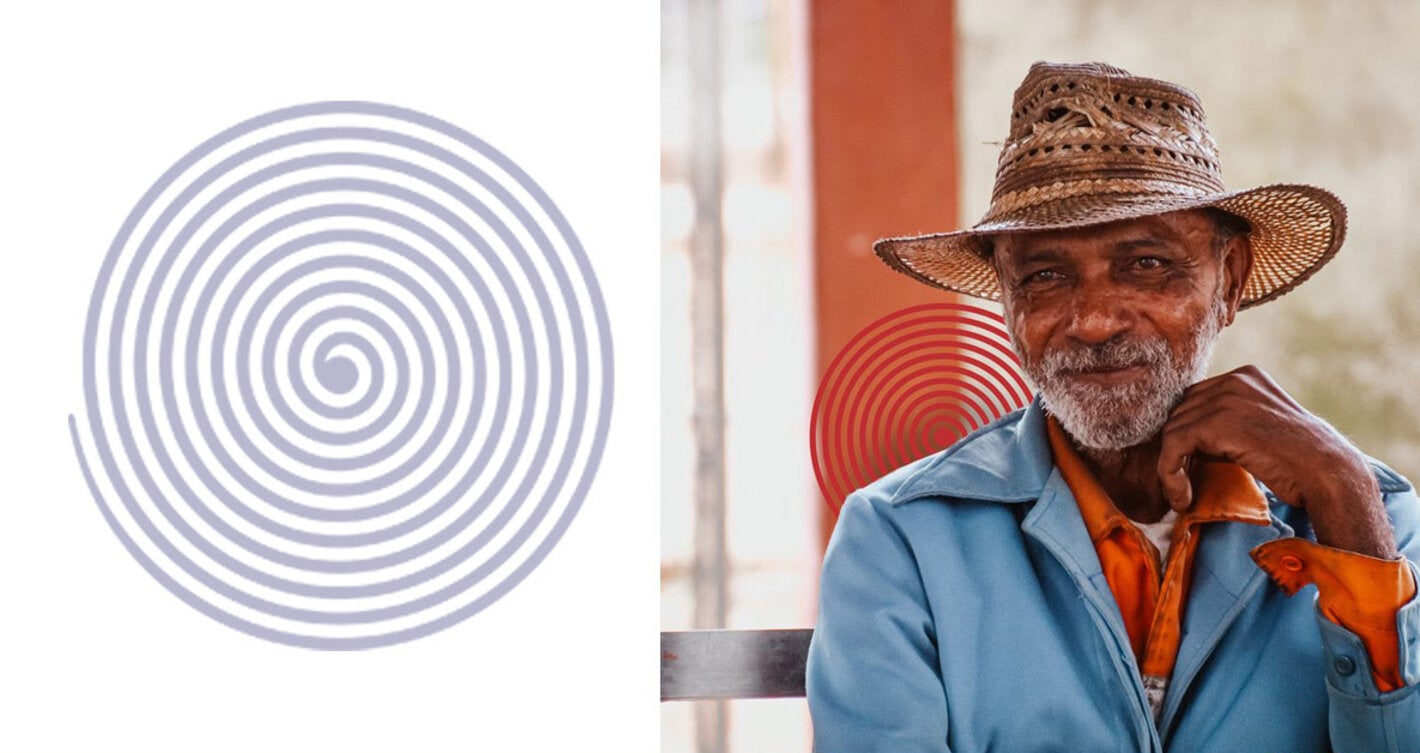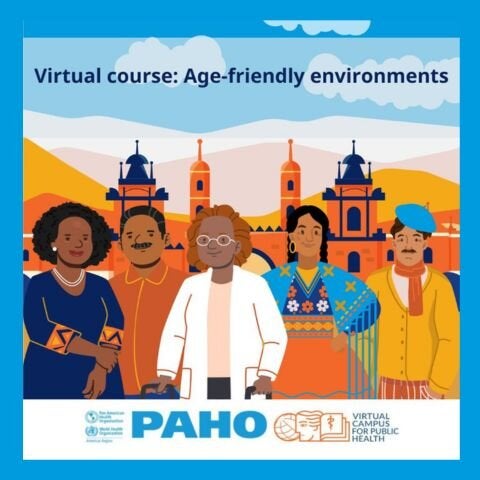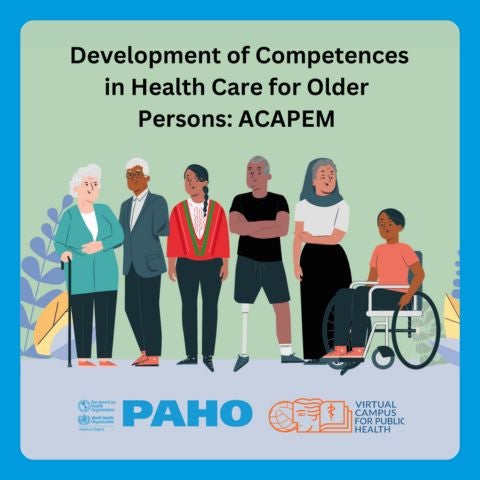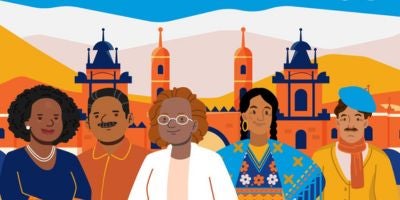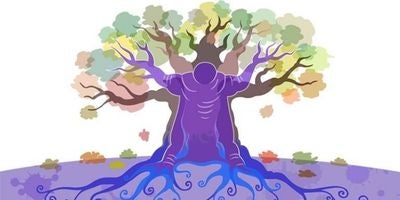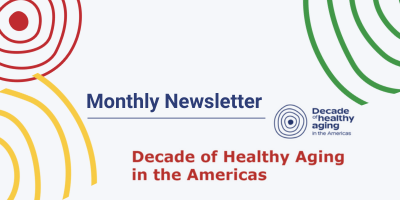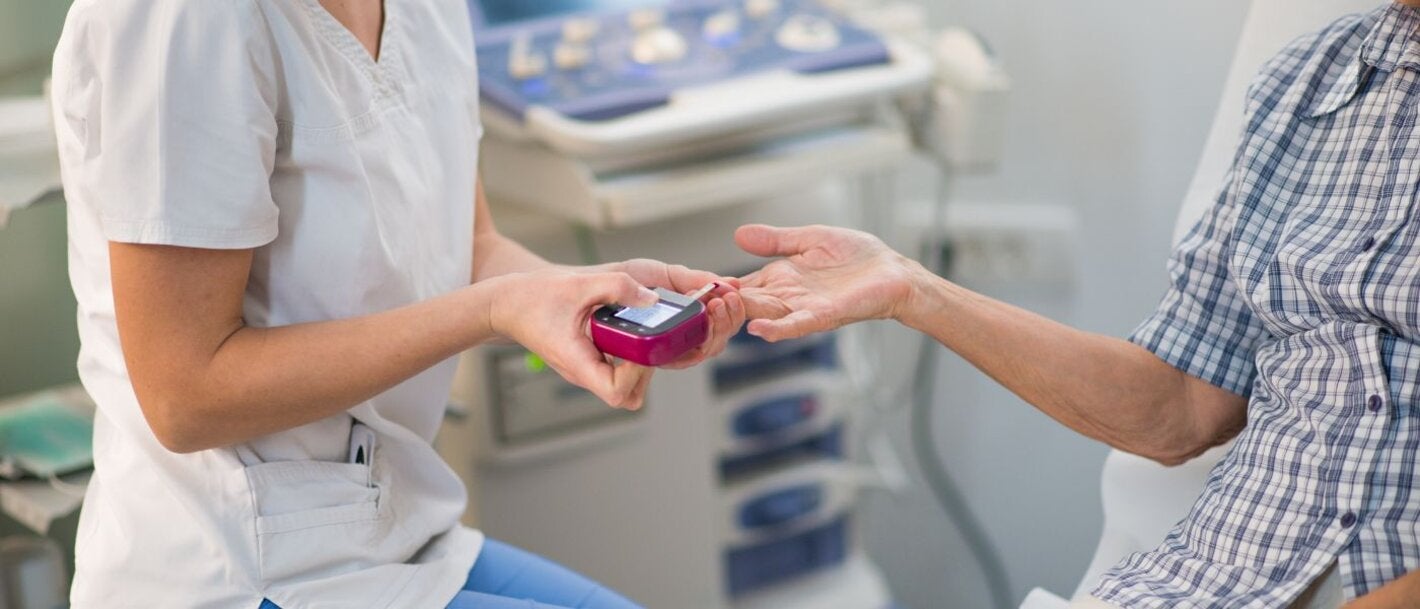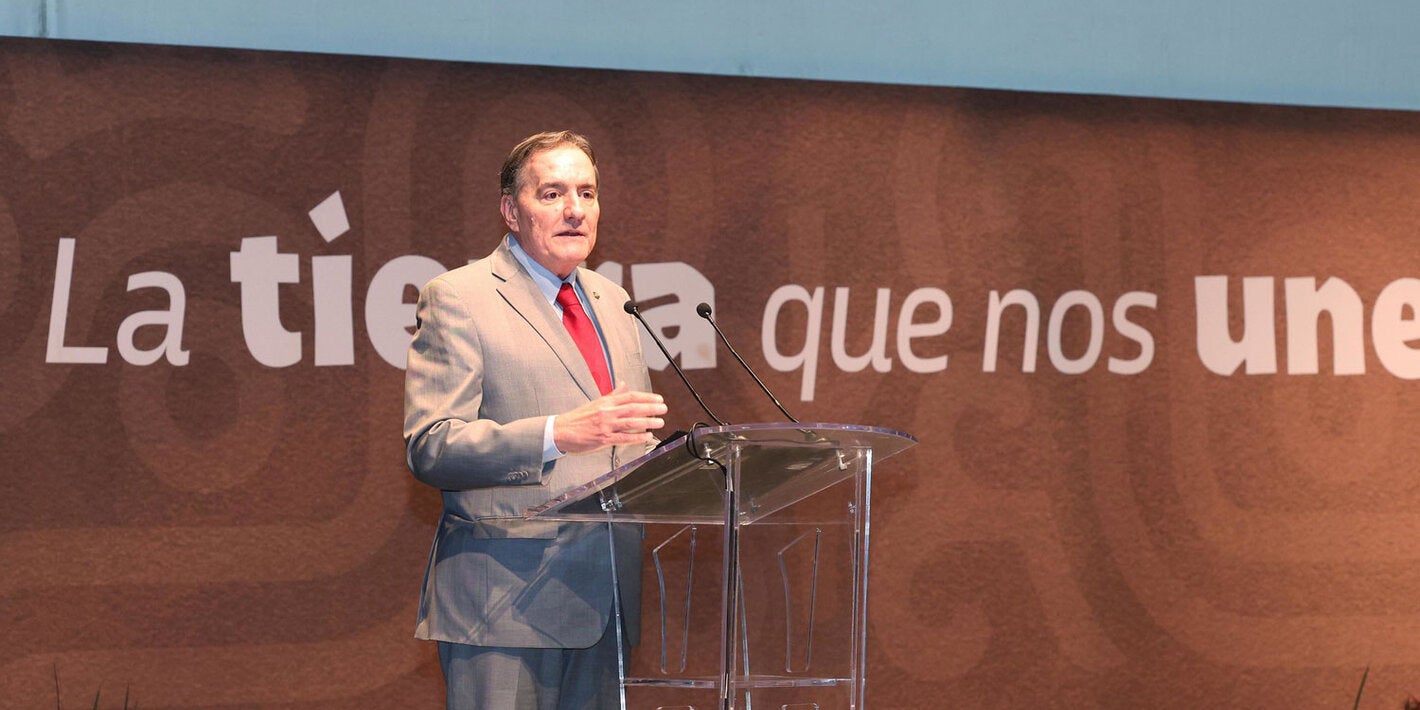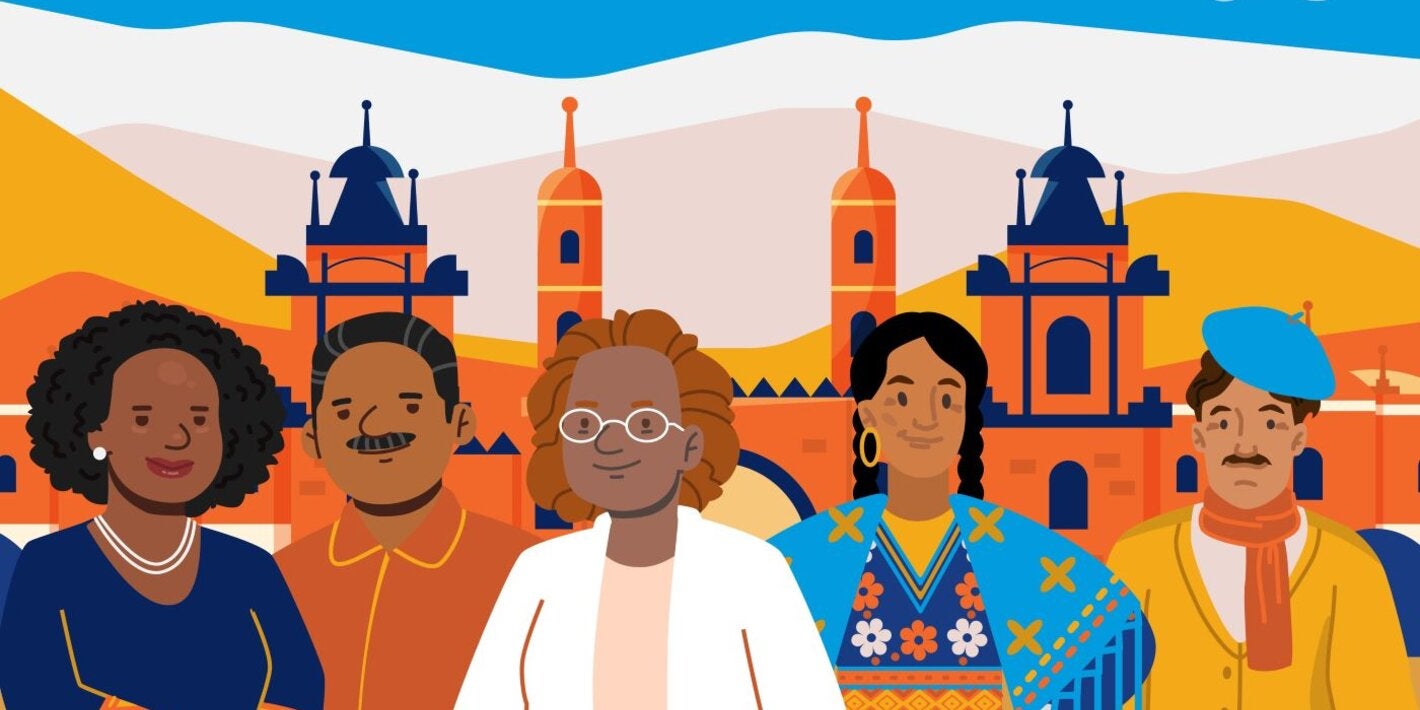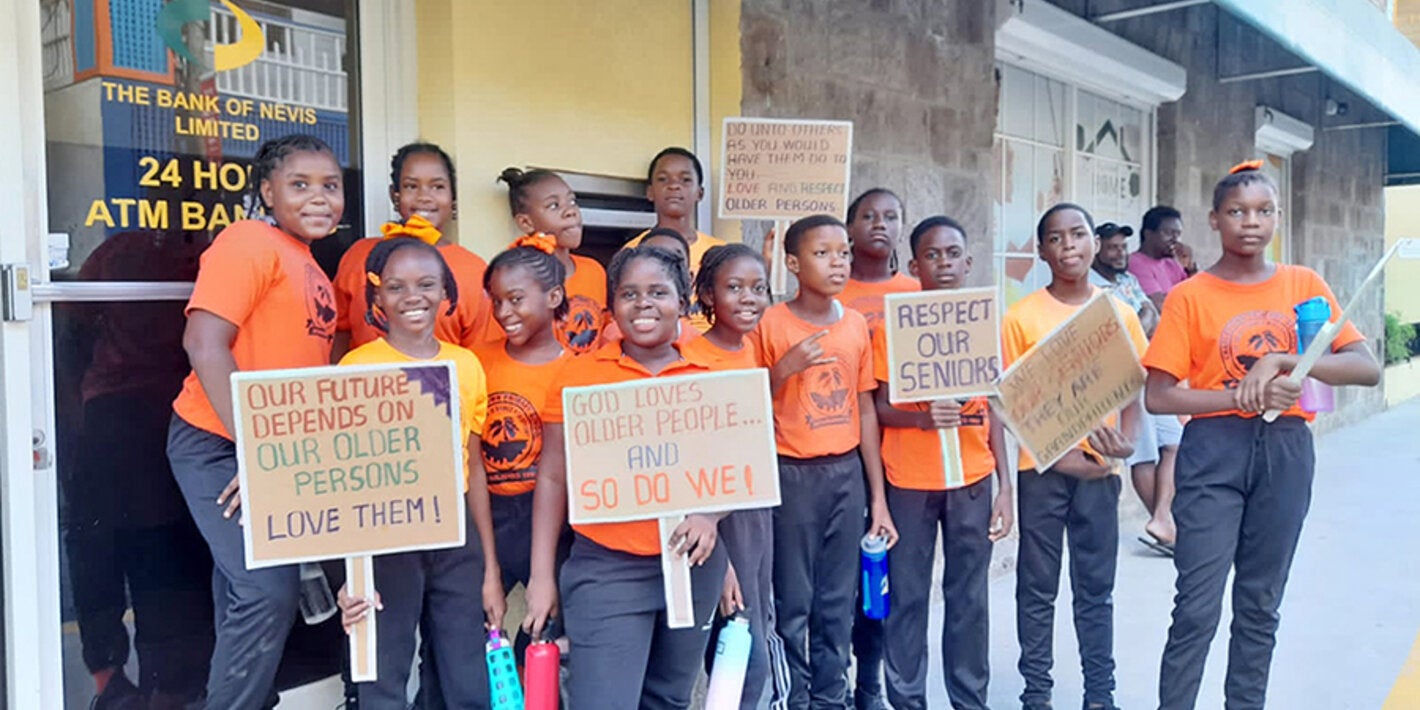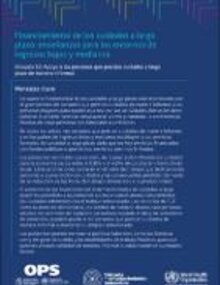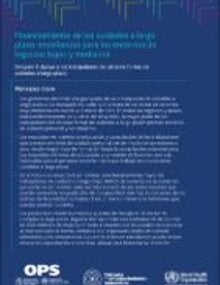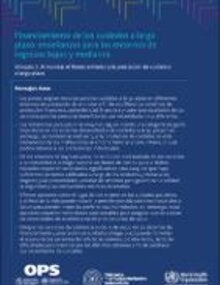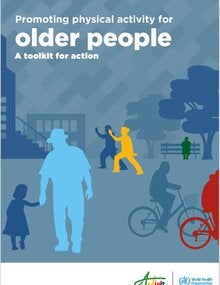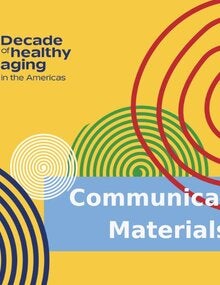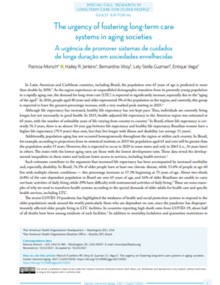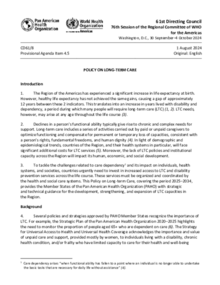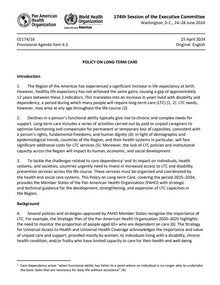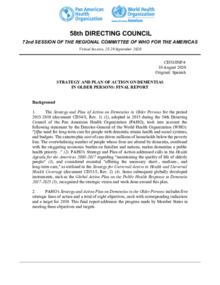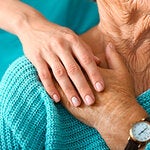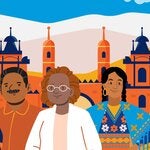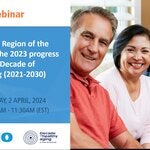Healthy and independent older people contribute to the well-being of families and communities. It is a myth to portray them as passive recipients of social or health services. At the present moment, the number of older people increases exponentially in complex and uncertain socio-economic conjectures and only tailored interventions will make it possible to enhance the contribution of this group to social development and prevent it from becoming a crisis factor for the health structure and the social security of the Americas.
Healthy aging is a continuous process of optimizing opportunities to maintain and improve physical and mental health, independence, and quality of life throughout the life course.
The Decade of Healthy Aging 2021-2030, declared by the United Nations General Assembly in December 2020, is the main strategy to build a society for all ages. This global initiative brings together governments, civil society, international organizations, professional teams, academia, the media and the private sector with the main goal of improving the lives of older people, their families and their communities.
The Pan American Health Organization (PAHO) leads the concerted agenda of the Decade of Healthy Aging in the Americas 2021-2030, through interprogrammatic, interagency and intersectoral work in its four (4) areas of action: change the way people think , feel and act towards age and aging; ensure that communities foster the capabilities of older people; offer integrated person-centered care and primary health services that are responsive to older people; and provide access to long-term care for older people who need it.
The program is currently structured around the following lines of action:


